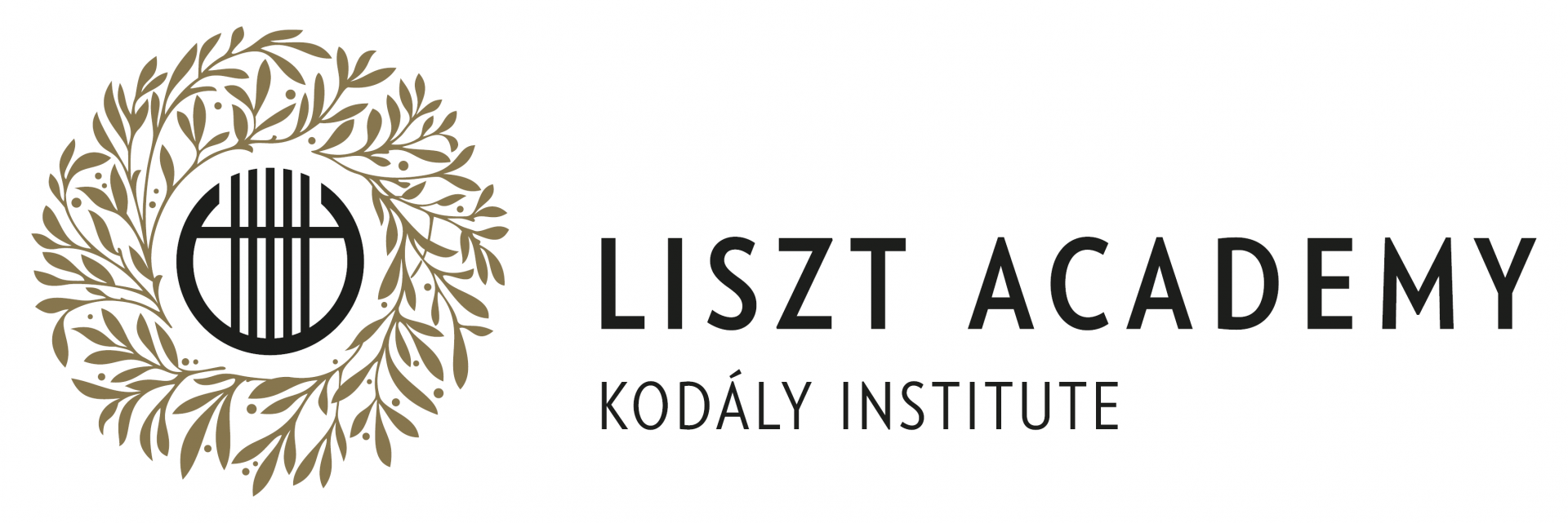Our Teachers’ Kodály Seminars Around the World - Part One
As a continuation of last year's successful programme, teachers of the Kodály Institute, with the support from the Hungarian Ministry of Foreign Affairs and Trade and the assistance of local embassies and cultural institutions, repeatedly held workshops and concerts in the past few months from New-Zealand to Chile, from Norway to the USA, from Japan to Portugal.
Our two-part report summarises the experiences.
Part One - Europe
The season started with, by now the usual teacher's training course organised jointly with the Associazione Italiana Kodály per l'Educazione Musicale (Italian Kodály Society) in Rome in September, where László Norbert Nemes, Judit Rajk, Katalin Körtvési, Anikó Novák and János Klézli taught for three days at the Hungarian Academy in Rome. The creative singing games with rhythmic movements, choral conducting and singing, voice training, music and piano pedagogy and creative piano pedagogy modules were also featured beside the traditional course elements.


The events were complemented by a laudable concert one evening, when Judit Rajk, János Klézli and Anikó Novák performed Debussy, Liszt, Bartók and Kodály songs and piano pieces at the Hungarian Academy's concert hall.
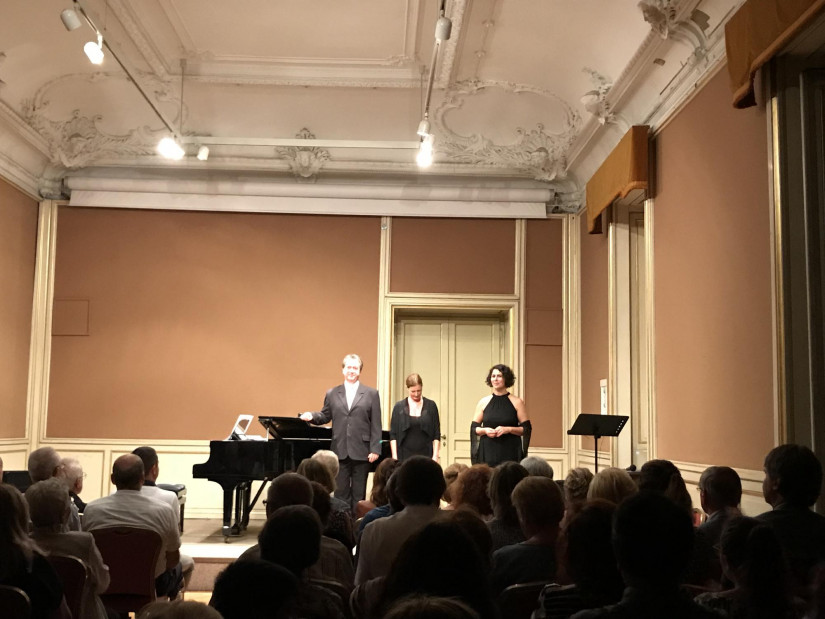
It is an indication of the recognition of the Italian teachers that we could welcome many returning participants from earlier seminars.
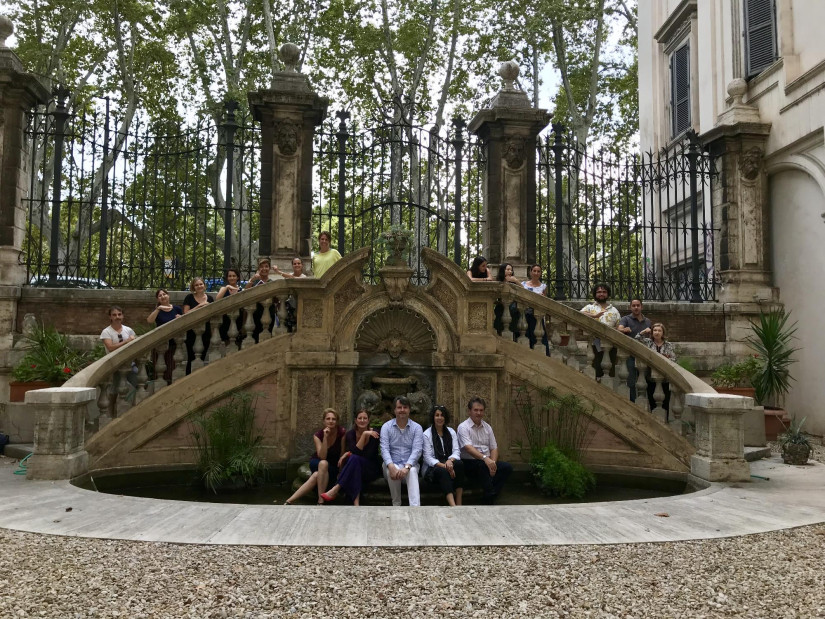
In Georgia, at the Sarajishvili Music Academy and the School of Exceptional Talents, as a continuation of László Norbert Nemes’s introductory seminar in February 2018, in November 2018 Judit Rajk, Katalin Körtvési and Anikó Novák held masterclasses focusing on the introduction of the Kodály pedagogical method targeting various age groups and professional levels.
It primarily focused on the topics of Kodály-based ear-training, Kokas pedagogy and voice training/voice pedagogy. Anikó Novák and Katalin Körtvési held demonstration and singing classes for various age groups at the School of Exceptional Talents, with the participation of the teachers and in the last two days, they worked with the Conservatory's pedagogy and solfege students. Judit Rajk held singing master course for the Georgian students and teachers in the mornings and afternoons.
A concert composed of Hungarian pieces was also scheduled before the courses in Gori at the concert hall of the local Music School organised by the Hungarian Embassy in Tbilisi. Songs, folksong arrangements and solo piano pieces of Liszt, Bartók and Kodály were performed in the interpretation of Judit Rajk and Anikó Novák; the Gori Children's Choir also contributed, who, beside Kodály's Ave Maria, also sang Georgian and American spiritual songs with great success.
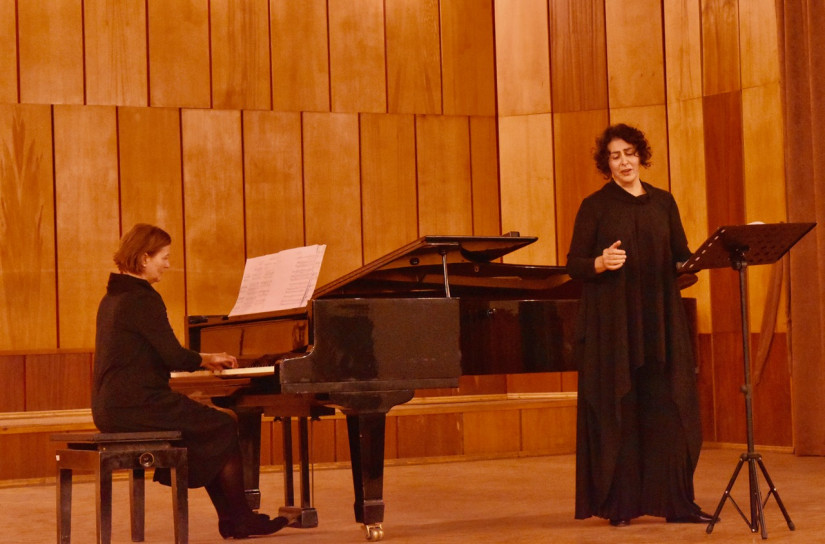
Slovenia organised its first teacher's training based on the Kodály principles last year with the help of the Ljubljana Balassi Institute. The National Alliance of the Slovenian Music Teachers also joined in the local organisation, who moved the course to a new city, to Maribor this year and it was held by Sarolta Platthy and Orsolya Szabó at the Pedagogy Department of the Maribor University with great success. https://www.facebook.com/events/770886559935370/
Last year’s workshop combined with movie shooting cried for continuation. The Irish became an essential chapter of the Kodály Belongs to All of Us documentary; no wonder our colleagues were eagerly waiting for the local premiere. The renewed Kodály Society of Ireland offered a rich programme at the St. Patrick's campus of the Dublin City University, where the workshops of László Norbert Nemes and Katalin Körtvési were topped off with Renáta Darázs and Balázs Székely's concert titled Spring (see images published by the Embassy in Dublin: https://www.facebook.com/HunEmbassy.Dublin/photos/a.1515666468744105/2138748686435877/?type=3&theater)
Two cities in Norway, Oslo and Kristiansand hosted the master course series of Borbála Szirányi in the organisation of the Embassy in Oslo in March 2019.
In Oslo, the nearly hundred years old Barratt Due Institute, in its prestige comparable with the Norwegian Royal Academy of Music- where Kodály's portrait is at a favoured place in the school's main building- enthusiastically welcomed the initiative as its philosophy is entirely in line with the basic foundations of the Kodály method.
The audience composed of music students and teachers was very enthusiastic about the day-long workshop and received it very positively.
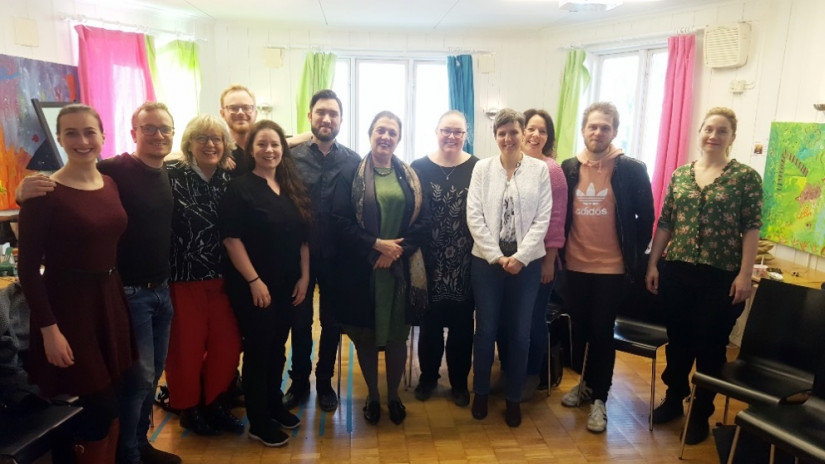
The two-day methodology and solfege training in Kristiansand was designed for the choral conductors of the organiser Agder University's Music Department, who have been organising study trips to Budapest since decades.
Portugal, similarly to other countries, has built on previous years' success sensing confidently the extremely dynamically growing needs. The organisers, an outstanding supporter of the Kodály cases, the Embassy in Lisbon and the Portuguese Kodály Society increased the number of locations; thus, already three cities were hosting parallel training sessions. Furthermore, we could also secure beginner and advanced modules in all places. László Norbert Nemes, Lilla Gábor, Sarolta Platthy and Yasmin Folini held courses at the Lisbon and Porto music college and solfege and choral courses in Aveiro. Anna Falvai gave a beautiful piano recital before the sessions began in the organisation of the Embassy in Lisbon in the palace's ceremonial hall. We expressed our respect towards our hosts by incorporating Fernando Lopes-Graça piano pieces in the programme.

The concert was followed by the presentation of the Kodály Belongs to All of us documentary.
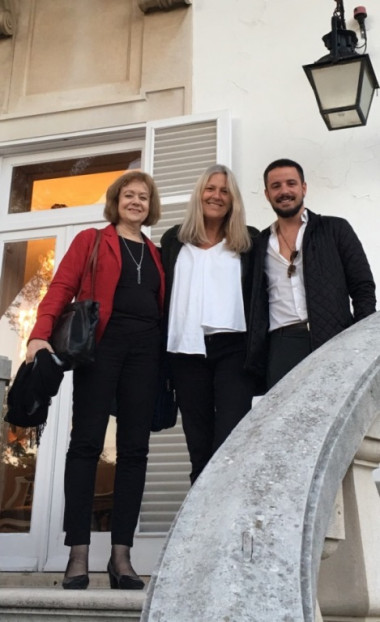
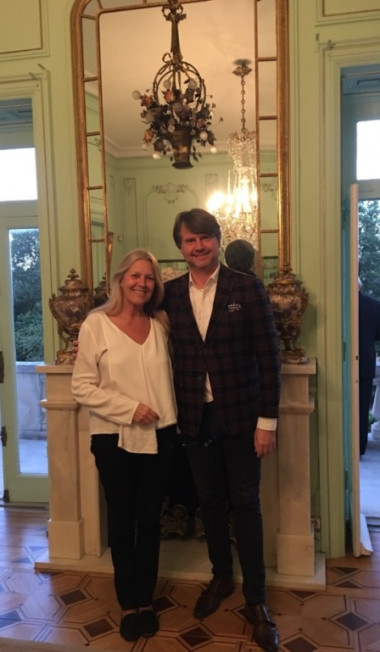
Two seminars were organised at the local, highly prestigious music academies in the Baltic States. In Estonia, at the location of one of the first places to adopt the Kodály principles in Tallin Anikó Novák and Katalin Körtvési held creative piano pedagogy workshops for piano students of the Estonian Academy of Music and Theatre. A few weeks later, as part of a teacher's training course, Estonian music teachers could learn aural training from Nóra Keresztes. Judit Rajk and Anikó Novák performed a concert composed of Kodály works in relation to the March 15th national celebrations.

It was for the first time, that a Kodály-based solfege seminar at the Lithuanian Academy of Music and Theatre in Vilnius was organised by the Music Theory Department held by Nóra Keresztes. The lesson learnt from the workshop was that participants of old the German and Russian school traditions immediately felt the advantage of the Kodály method and recognised how much they could benefit from the two-day training in their own music teaching.
https://www.facebook.com/HunEmbassy.Vilnius/photos/pcb.610599702746465/610599409413161/?type=3&theater
In Reykjavík Erasmus Strategic Partnerships project manager, Beáta Furka, held a presentation about the Kodály HUB at the Icelandic Academy of the Arts.


